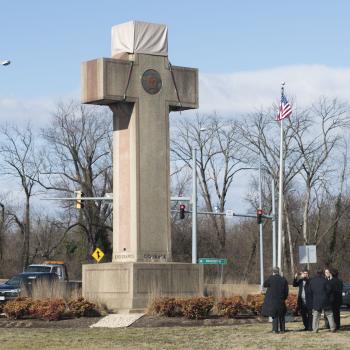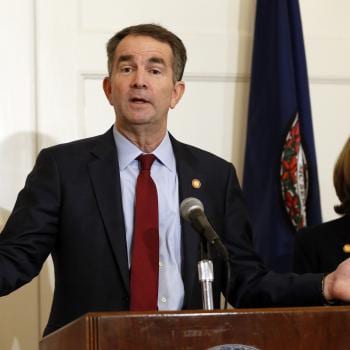by Dr. Susan Brooks Thistlethwaite
Brett Kavanaugh just claimed, in the Judiciary Committee hearings on his nomination to be a Supreme Court judge, that “a good judge must be an umpire.” No. Not even close. That’s the typical conservative dodge to avoid talking about their approach to interpreting the law. Judges need wisdom, not just 20/20 vision and a good view of the plate. In scripture, for example, Deborah was not called “a wise umpire in Israel.”
Instead, Kavanaugh seems to be exactly what Sen. Hirano called him in her opening remarks at the Judiciary Committee hearing: “a pre-selected political ideologue.” This is the logical conclusion one must draw from the failure to release a vast amount of Kavanaugh’s material. This lack of transparency has led to the viral hashtag #WhatAreTheyHiding.
Kavanaugh, if you so value impartiality, release all the documents.
Instead, there appears to be an enormous cover-up. #WhatAreTheyHiding? Is it torture apology? Opposition to reproductive rights? Hostility to equal rights for LGBTQ Americans?
Roberts Redux
I have a good deal of experience with hearings on nominees to the Supreme Court. In 2005, I was invited to be an expert witness (https://www.judiciary.senate.gov/imo/media/doc/GPO-CHRG-ROBERTS.pdf) in the Judiciary Committee’s confirmation hearings on John Roberts’ appointment to be Chief Justice. Roberts similarly refused to release many of his papers.
Readers might recall that in those hearings, John Roberts also had promised to bring “no agenda” and to take a minimalist approach to Constitutional interpretation. He compared his way of interpreting the law to that of an “umpire calling balls and strikes.”
It has not worked out that way. The Roberts court has struck down several longstanding prohibitions on corporate political contributions, for example, in the process overturning established precedent.
So much for impartiality.
In my testimony, I contrasted John Roberts’ view of the Constitution with that of Dr. Martin Luther King, Jr. I testified, “Few Americans have understood the promise inherent in the Constitution better than Dr. Martin Luther King, Jr. Dr. King, in his ‘I have a Dream’ speech was able, as few before or since, to reach into our constitutional past and proclaim the deep sense of the words that the Constitution was a promissory note to which every American was to fall heir. King argued that so far this promissory note to African-Americans had been returned: insufficient funds. The promise for King was a dream, but not a fantasy.”
What King understood about the Constitution, and in my view Chief Justice Roberts and conservatives who claim to be “umpires” do not, is that the Constitution is broad and inclusive, a living document that reaches beyond our current divisions to bring about one “United” States of America that is fair and inclusive.
To me, Roberts’s predilection for conservative judicial activism was obvious from the time of the hearings on his appointment. It should have been obvious to anybody, especially the senators on the Judiciary Committee, who were also supposed to look at Robert’s record prior to confirming him.
The same is true of Kavanaugh, thoughthis committee and witnesses have even less to work with. That, in itself, should be enough to deny him an appointment to the Supreme Court.
What is Kavanaugh so afraid the American people will learn about his record? The truth?
I was right in 2005 about what the Supreme Court would be like under the leadership of John Roberts, and I’ve been proven right, over and over. For all the good that does us.
I’m right about Kavanaugh. I know it and I hope you do as well.
Dr. Susan Brooks Thistlethwaite—Professor of Theology and President (1998-2008), Chicago Theological Seminary













